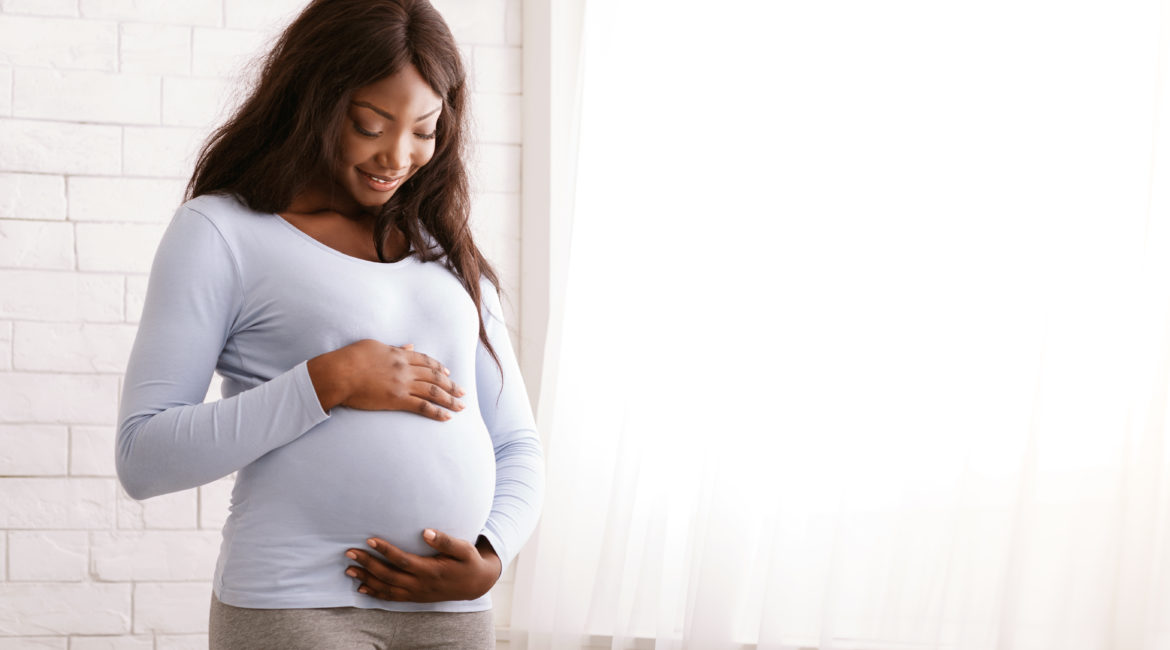When a woman is first diagnosed with uterine fibroids, there is little doubt that her mind will be immediately plagued by a variety of questions, particularly if she has goals for starting a family on the horizon.
Will this mean I can’t get pregnant?
Will fibroids hurt my baby or threaten the pregnancy?
What can I do?
First, we want to encourage you to take a deep breath. Don’t worry, you can still get pregnant, even with uterine fibroids.
Here’s an overview of the answers you’re looking for:
Focusing on Fertility
While there is evidence showing that fibroids may negatively impact a woman’s fertility by “altering the endometrial receptivity,” fibroid-related infertility is not altogether common.
Specifically, while fibroids have been detected in approximately 5% to 10% of infertile patients, only a minuscule 1% to 2.4% of that already-small group can attribute their infertility to uterine fibroids alone.
In some cases — mostly depending on where the fibroid is located — fibroids may make it more difficult to successfully conceive. However, they will not make pregnancy altogether impossible. As a matter of fact, many women find that fibroids do not impede their fertility at all, particularly if they are asymptomatic.
Preparing for Pregnancy
Once a woman is pregnant, she is unlikely to experience intense abnormalities as a result of uterine fibroids.
“Most women will experience no effects from fibroids during their pregnancy,” according to Healthline. “Researchers note the most common complication of fibroids during pregnancy is pain. It’s seen most often in women with fibroids larger than 5 centimeters who are in their last two trimesters.”
That being said, pregnant women with fibroids are at an increased risk for…
- Miscarriage
- Stillbirth
- Pre-term labor delivery
- Abnormal fetal positions
- And more
Seeking a Specialist
Because of the aforementioned, it is imperative that soon-to-be mothers remain closely monitored by their doctors.
“Talk to your obstetrician if you have fibroids and become pregnant,” the U.S. Department of Health & Human Services recommends. “All obstetricians have experience dealing with fibroids and pregnancy. Most women who have fibroids and become pregnant do not need to see an OB who deals with high-risk pregnancies.”
And if you would like to learn more about how to eliminate your fibroids before or after pregnancy, then it’s time to reach out to Duval Fibroid Center!
Our team offers a revolutionary, minimally-invasive method for shrinking uterine fibroids and eliminating fibroid-related symptoms: Uterine fibroid embolization (UFE). UFE is FDA-approved, requires little downtime, and can be completed in one simple outpatient visit.
So, are you ready to fight your fibroids in the name of family? Then call Duval Fibroid Center today at (904) 423-6017 today to learn more! Don’t let uterine fibroids cramp your style.





